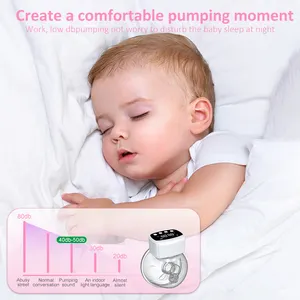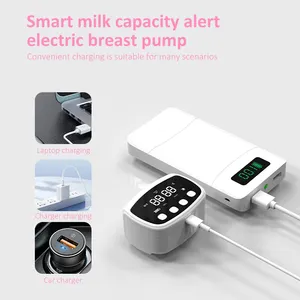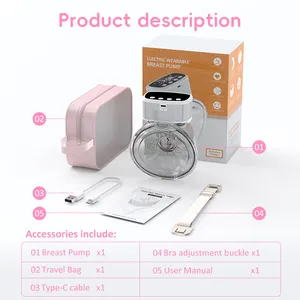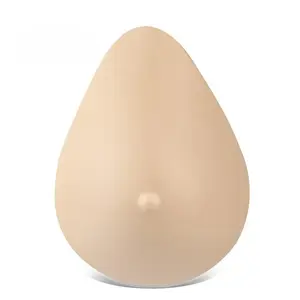Popular in your industry

























































 Ready to Ship
Ready to Ship











































































 Ready to Ship
Ready to Ship





































 Ready to Ship
Ready to Ship















































 Ready to Ship
Ready to Ship












Top categories
About water breast
The term water breast refers to a condition where a woman's nipples leak fluid, which may be clear, milky, or watery in appearance. In normal circumstances, the leakage of fluid from the breasts is associated with lactation during pregnancy or breastfeeding. However, the discharge of water-like fluid from the nipples outside these conditions might indicate an underlying health issue. For some women, the nipple discharge may be intermittent and resolve on its own, while for others, medical intervention may be necessary.
Causes of Water Breast
There are numerous factors that can cause water coming from the breast. One of the common causes is hormonal changes, which can lead to nipple discharge due to imbalances in prolactin or thyroid hormones. Stress can also cause hormonal imbalances, leading to nipple discharge. Breast infections, such as mastitis, can result in the discharge of water from the breast. Fibrocystic breast changes may cause fluid-filled cysts that can lead to nipple discharge. Medications such as birth control pills, antidepressants, and blood pressure medications can also be a contributing factor.
Treatment of Water Breast
The treatment for water in boobs largely depends on the underlying cause of the nipple discharge. For physiological causes such as pregnancy or breastfeeding, no treatment may be needed, and the condition may resolve on its own. In cases where hormonal imbalances are the root cause, hormonal therapy may be prescribed to restore the balance of hormones. Infections, if present, can be treated with antibiotics. In more severe cases, surgery may be required to remove any underlying breast tumors or abnormal breast tissue. It is important to consult a healthcare provider for a proper diagnosis and treatment plan tailored to the individual's specific condition.
Prevention of Water Breast
Prevention of boobs in water can be challenging, as some causes, such as hormonal changes, are not easily preventable. However, maintaining a healthy lifestyle, including regular exercise, a balanced diet, and stress management, can help reduce the risk of hormonal imbalances that may lead to nipple discharge. Breast infections can be prevented by practicing good hygiene and promptly addressing any signs of infection. Regular breast self-exams and mammograms can help detect any breast abnormalities early on, allowing for timely intervention and treatment.
































